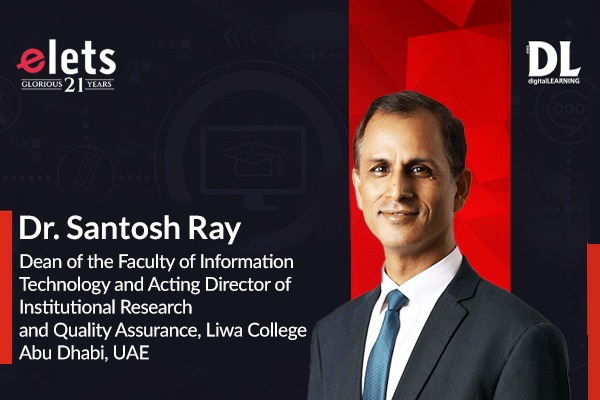
Personalized learning has emerged as a transformative approach to education, tailoring instructional strategies to the individual needs and preferences of learners. It goes beyond the traditional one-sizefits-all model, acknowledging that each student possesses unique strengths, weaknesses, and learning styles. With the rapid integration of technology and adaptive learning systems, education is evolving at an unprecedented pace. Educational institutions may leverage technology to tailor content, pace of learning, and assessments, fostering a more individualized and engaging learning experience.
A lot of discussion has taken place about the methods of providing personalized content to learners and conducting assessments, tailored for the learning objective of the individual learner. However, there is almost no discussion about the role of accreditation bodies who prefer to follow some standard practices in higher education. As the landscape of education shifts towards personalized learning, ensuring the quality and credibility of learning experiences is important. In this context, quality auditors and accreditation bodies play a pivotal role in maintaining and enhancing the standards of personalized learning. This article explores the crucial functions of quality auditors and accreditation bodies in navigating the fast-changing realm of personalized learning.
Quality auditors have, so far, played the role of vigilant guardians of educational standards. Their primary function involves assessing and ensuring that programs meet predefined benchmarks for effectiveness and educational outcomes. Auditors are instrumental in identifying areas for improvement, ensuring that programs align with established educational objectives.
Technological advancements, including artificial intelligence and machine learning algorithms, are increasingly shaping personalized learning environments. These technologies allow instructors to monitor the progress of the individual learners and change the pace and level of assessments according to the needs of individual learners. Auditors must possess a deep understanding of these technologies to evaluate their ethical use, data privacy implications, and impact on learning outcomes. The understanding of the technology will help quality auditors to delve into the intricacies of personalized learning platforms, evaluating content relevance, pedagogical methodologies, and the adaptability of these systems to diverse learner profiles. This will help them to determine if changes in content and assessment are aligned with standard educational practices or not. Use of technology will help them to determine if the quality of assessment is meeting the promised outcome of the course or not. At the same time, the quality auditors need to be flexible enough to allow instructors to use his/her creative touch in assessments created using technology.
Accreditation bodies set and uphold rigorous standards that institutions must meet to achieve accreditation.
Views Expressed By Dr. Santosh Ray, Dean of the Faculty of Information Technology and Acting Director of Institutional Research and Quality Assurance, Liwa College, Abu Dhabi, UAE






















